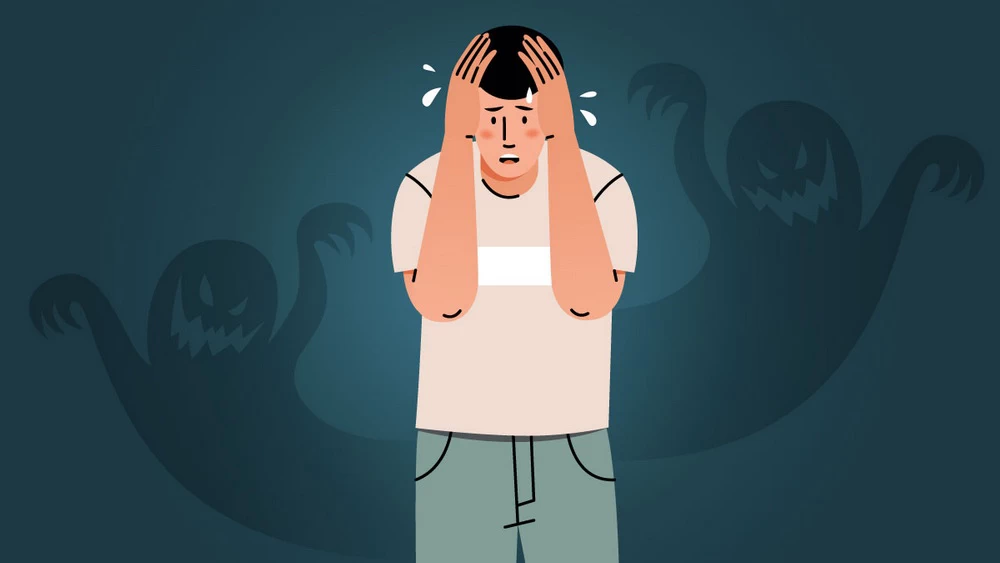Subtotal $0.00
Table of Contents
In recent years, the conversation surrounding mental health has gained momentum, but there remains a significant stigma, especially among men. The idea that men must be strong, stoic, and unemotional is deeply ingrained in many cultures, making it difficult for men to seek help when they need it. It’s time to recognize that mental health matters and work towards breaking the stigma for men.
Understanding the Stigma
The stigma surrounding mental health issues among men often stems from traditional gender roles and societal expectations. These include:
- Toxic Masculinity: The belief that men should be tough and self-reliant, often leading to the suppression of emotions.
- Fear of Judgment: Concern about being perceived as weak or less masculine if they admit to struggling with mental health issues.
- Lack of Awareness: Limited understanding of mental health conditions and their impact on overall well-being.
The Importance of Mental Health
Recognizing that mental health matters is crucial for several reasons:
- Overall Well-Being: Mental health is a significant component of overall health, affecting physical health, relationships, and quality of life.
- Prevention of Severe Issues: Early intervention can prevent the progression of mental health conditions and reduce the risk of severe outcomes, including suicide.
- Improved Quality of Life: Addressing mental health issues can lead to better coping mechanisms, increased resilience, and a more fulfilling life.

Breaking the Stigma: Strategies for Change
- Open Conversations:
- Encourage men to talk about their feelings and experiences without fear of judgment. Creating safe spaces for these conversations can help normalize mental health discussions.
- Share personal stories and testimonials from men who have successfully navigated mental health challenges.
- Education and Awareness:
- Increase awareness about the signs and symptoms of mental health conditions. Education can demystify mental health issues and promote understanding.
- Highlight the importance of seeking help and the benefits of therapy, counseling, and support groups.
- Role Models and Influencers:
- Engage public figures, celebrities, and influencers to speak openly about their mental health struggles and how they sought help.
- Promote positive role models who exemplify strength through vulnerability and self-awareness.
- Workplace Initiatives:
- Implement mental health programs and resources in workplaces. Encourage open dialogue and provide access to mental health support.
- Train managers and leaders to recognize signs of mental health issues and support employees in seeking help.
- Support Networks:
- Foster strong support networks among friends, family, and communities. Encourage men to lean on their support systems and offer mutual aid.
- Develop community programs and events focused on mental health awareness and support.
- Access to Resources:
- Ensure that mental health services are accessible and affordable. Promote telehealth options and online resources for those who may feel uncomfortable seeking help in person.
- Advocate for policies that increase funding for mental health services and support research into effective treatments.
Personal Responsibility: What Men Can Do
Men can take several steps to prioritize their mental health:
- Acknowledge Emotions: Recognize and accept emotions without judgment. Understanding that it’s okay to feel sad, anxious, or overwhelmed is the first step toward healing.
- Seek Professional Help: Don’t hesitate to seek therapy or counseling. Mental health professionals can provide valuable support and strategies for managing emotions.
- Practice Self-Care: Engage in activities that promote mental well-being, such as exercise, hobbies, mindfulness, and relaxation techniques.
- Stay Connected: Maintain strong social connections with friends and family. Talking to someone you trust can provide relief and perspective.
Conclusion
Understanding that mental health matters is essential for breaking the stigma for men. By encouraging open conversations, raising awareness, and promoting supportive environments, we can create a culture where men feel empowered to seek help and prioritize their mental well-being. Remember, seeking help is a sign of strength, not weakness. Together, we can ensure that every man has the support and resources needed to lead a healthy, fulfilling life.





